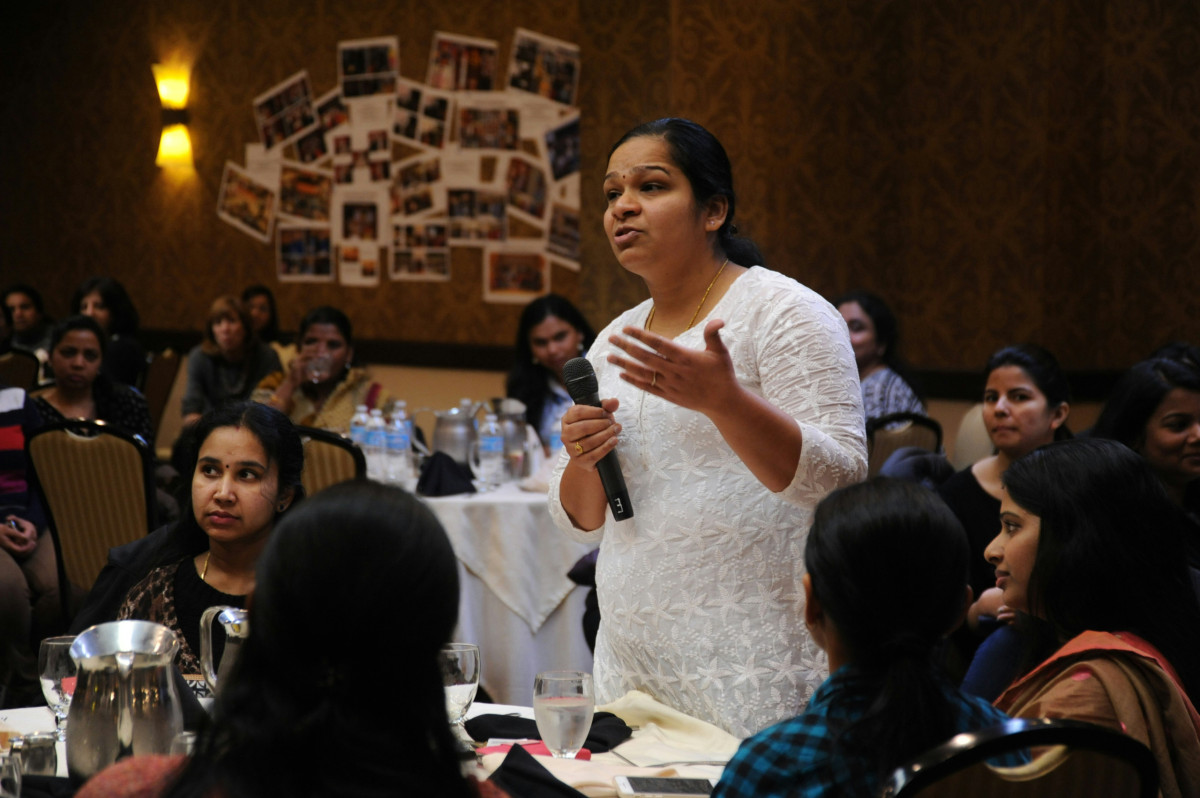We place empathy on the pedestal, like it’s the great white whale and ultimate achievement. And sure, in a world that seems to be increasingly nasty, aggressive, and frightening, we could probably do with a whole lot more of it.
But here’s the thing: Sometimes we practice fear and politeness, and call it ‘empathy’. We spend so much time and energy in ‘meekdom’ – afraid of saying the thing that might make someone else uncomfortable, or might suggest there is another way to look at things than the prescribed idea the other person currently has (and how RUDE it is to suggest someone else is wrong, right?)
This meekdom – playing meek, being meek, holding back – is serving no-one. Especially if you are in a leadership role.
Parents – I’m no parent, but I AM a seasoned aunty of 19 years and counting, so I feel confident enough speaking to this. Do you think it really serves your kid (or you) to not stop them and tell them they need to look right, look left, then look right again before they cross the road? (Or if you’re in most of the rest of the world, swap that order – we’re talking sides of the road cars drive on).
No! It’s for their safety that you (hopefully) teach them that. Even if it means stopping them abruptly and saying the thing, jolting them out of their unaware comfort so that they pay attention. Even if it means inconveniencing them. You’re their leader (lovingly). That’s your job. (Among other things – sorry.)
Leaders in a more work-related context are the same. And yet, we get fearful. What if someone doesn’t like us? What if the client feels put out by us? What if my teammate doesn’t remember how friendly I am because of this moment?
Sometimes the client NEEDS to hear “this is how things are going to go.” Especially if you are the expert in that particular service – why make it up to them to figure out best practice, when that’s exactly what you have been engaged to do?
Sometimes the teammate needs to hear “I’ve noticed this, and I want to check in on it before it escalates and the wrong people also notice.” It might be uncomfortable for them, but you are doing them a service in the reminder to, potentially, check their behaviour before someone else does it for them.
Sometimes the person you care about (whether they’ve paid you to work together or not) needs to be asked the tough question that prompts them to reflect on something their healthy human brain might have been avoiding. Especially if it helps to shine light on something that will help them move forward.
None of this means a lack of empathy. Discomfort does not mean zero care. And disagreement does not equal disrespect. And you can’t force them to do what you say either (that’s just control).
Empathy means acknowledging someone is experiencing something, and accepting that is their experience.
Service means offering perspective, when it is appropriate and you are literally in the position to.
Avoiding being of service simply because your ‘empathy’ is telling you that you feel so bad for them that you want to just go along with what creates the path of least resistance for them, to avoid saying something that might not agree with their current story? Is not service. Nor is it empathy.
It’s choosing comfort over truth.
Instead: try choosing kindness. It leaves room for truth, clarity, and delivery.
This article was originally posted over on my Substack.






